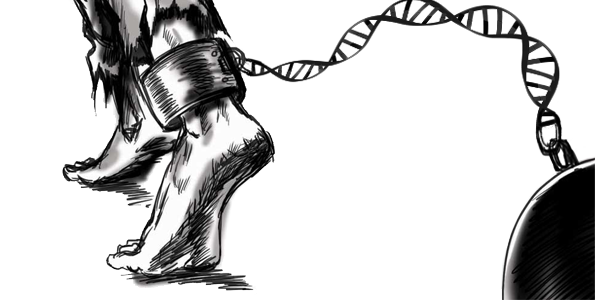Six facts free speech fundamentalists love to ignore
Freedom. An apparently simple concept that you’d think people understand pretty well, after all it’s a fundamental human right. But no. It’s probably the concept people abuse and misuse the most when discussing about politics, law and the role of the state. People defend all sorts of nonsense in the name of freedom. This madness must stop. So let’s take some time to think about it.Read More »Six facts free speech fundamentalists love to ignore









